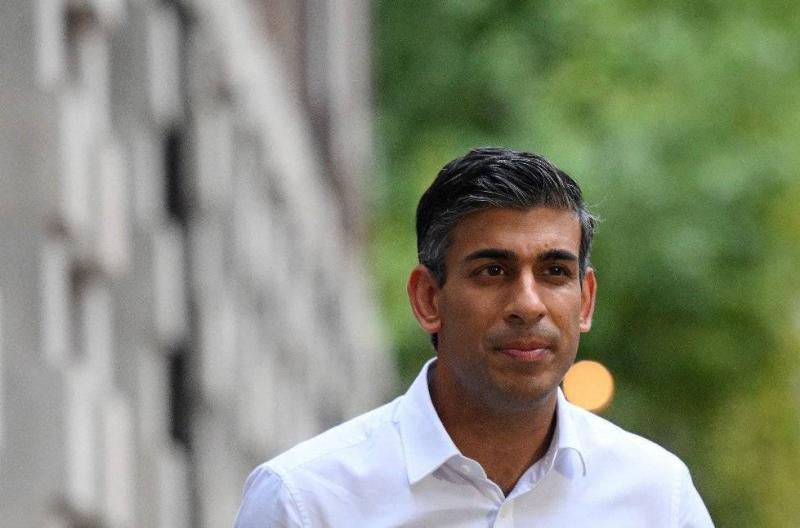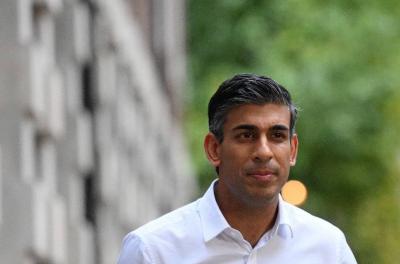The announcement by British Prime Minister Rishi Sunak to hold general elections in July has raised further questions, according to U.S. magazine "Politico," as it deviates from observers' expectations of elections occurring in October or November this year. Sunak (44 years old) announced on Wednesday that the legislative elections will take place on July 4, marking the first vote he will participate in since taking office in October 2022, succeeding Liz Truss.
According to "Politico," Sunak's decision to advance the elections was driven by "signs of economic improvement and his success in passing the plan to deport migrants to Rwanda," which are all positive developments that made him feel that if he waited any longer, conditions might worsen. Nonetheless, the decision was a "surprise throughout much of the country, as it was expected that the Prime Minister would remain in office until next fall, giving him some cushion in case of loss, as he would have completed two full years in the position," the magazine noted.
Recently, the National Statistics Office announced that inflation finally reached the target of 2 percent, with officials praising economic growth, indicating that the Conservatives can now contest the elections "while highlighting the stability of food prices and energy bills," according to the magazine. The magazine mentions, "With the passage of the plan to deport migrants to Rwanda, this could also spare Sunak the expected embarrassment from a potential increase in boat crossings later this summer."
"Risky Venture"
"Politico" points out that Sunak's election strategy "might be risky," as the Conservative Party trails 20 points behind the opposition Labour Party in opinion polls. According to polling data published by "Politico," 44 percent of voters in the UK support the Labour Party, while support for the Conservative Party is about 23 percent as of May.
However, with the "element of surprise" being one of the few remaining advantages for a government facing "difficult elections," Sunak "decided to gamble based on the expectation that prospects would not be better than facing the voters."
According to "Politico," holding early elections can be seen as "a bold and unexpected move by the Prime Minister," as he has been trying recently to "cling to hope for something to save him from the electoral defeat predicted by opinion polls for almost his entire time in government." Nevertheless, this decision may be considered a sign of "Sunak's realism," indicating that he seems to believe "there is no point in holding on to hopes for favorable outcomes that might rescue him."




